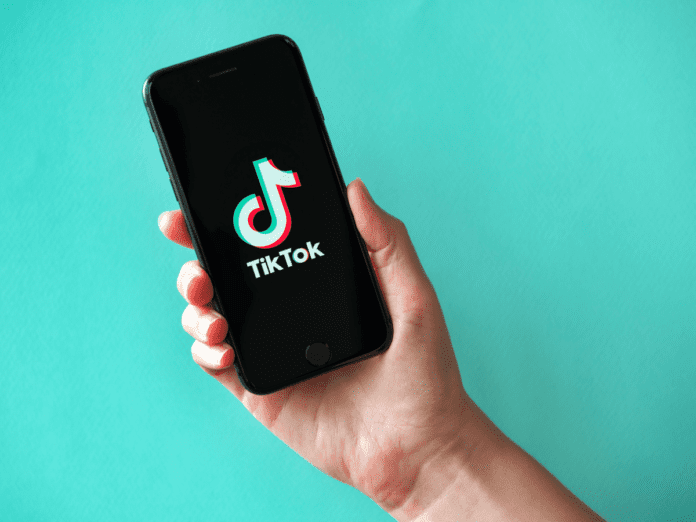With about 170 million users in the US alone, TikTok has had an explosive increase in popularity in the five years since its 2016 start. The app is being used for 60 to 80 minutes a day on average by American users, which is more than the 30 to 40 minutes that users spend on Instagram, its primary rival. But worries expressed by US intelligence agencies have tainted TikTok’s rise to fame.
The Directorate of National Intelligence’s Office has expressed concerns that the Chinese government may use TikTok as a tool for attacking US democracy. In the US midterm elections in 2022, there have been allegations that Beijing’s propaganda machine has targeted both Democratic and Republican candidates, raising concerns that TikTok might influence the November presidential election. The primary concern is that Beijing would use national security regulations to force ByteDance, the company that owns TikTok, to give up access to US customer data for intelligence gathering.
These concerns continue despite TikTok’s assurances that it has never given Chinese authorities access to US user data and that it would refuse to do so if asked. In response, Congress has considered a bipartisan bill classifying TikTok as a national security concern. Additionally, this regulation gives the president the authority to classify other apps as risks to national security if they are run by nations that the US considers to be enemies.
The package is expected to pass the House of Representatives with little difficulty, but its fate in the Senate is still up in the air. Legislators are hesitant to outlaw an app this popular, particularly in an election year. The White House explained that the goal is to make sure that TikTok is controlled by an American company and not by China, rather than banning the app.
The American Civil Liberties Union (ACLU) is among the opponents of the planned ban, claiming that it would violate the First Amendment rights of millions of Americans who use the app as a means of communication and self-expression. They also warn that young voters who are more likely to use TikTok could become resistant to the ban.
The circumstances are made more problematic by former President Donald Trump’s changing position. Even though he still believes that TikTok is a threat to national security, he has made hints that blocking the app would help competitor Facebook, which he holds partially responsible for his defeat in the 2020 election.
There are still worries that user data might end up in the hands of the Chinese government and that the app could be used as a propaganda tool to spread false information, despite increased government supervision. Cybersecurity experts agree that there isn’t much evidence to support claims that TikTok has requested or shared US user data with the Chinese authorities. But they issue a warning that the Chinese government might force the business to exchange user data with the US or manipulate content on the app to advance a pro-China agenda.


